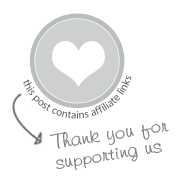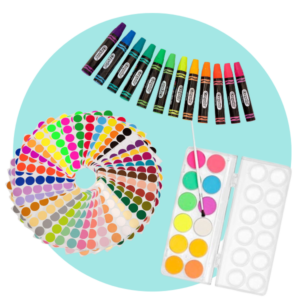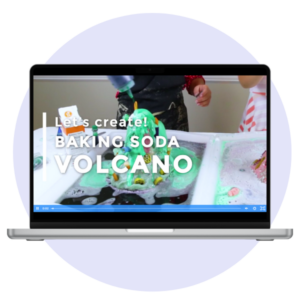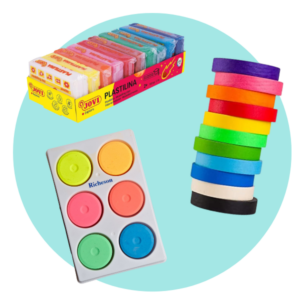We often dismiss emotional exhaustion as nothing more than fatigue, as if a long night’s sleep or a weekend off could reset the worn edges of our spirits. “You’re just tired,” friends reassure us. “Everyone feels that way sometimes.” But what if the weariness you feel isn’t a simple byproduct of overwork or restless sleep? What if beneath the surface of this tiredness is something far more complex—an emotional drain so thorough it leaves you questioning your sense of self and your ability to navigate the world?
For years, I believed emotional depletion was a luxury of those dealing with trauma or extraordinary stress, something I couldn’t fully relate to. But the realization slowly dawned on me that emotional exhaustion often masquerades as ordinary tiredness, and recognizing it requires more than just noticing that morning coffee doesn’t quite do the trick anymore. It’s in the way days blur together and your usual resilience feels paper-thin. Here’s the paradox: exhaustion can be emotional even when your external life looks fine, even when you insist to yourself you’re just “tired.”
But emotional depletion doesn’t happen in isolation. In fact, many of us become drained precisely because of the relationships we inhabit. This isn’t about a neatly drawn boundary between self and other but about the subtle, relentless ways our emotional resources are sapped by people who cloud our realities. Narcissists, manipulators, those who wield words as weapons against our confidence—they are often the unseen architects of this fatigue.
10 Signs You’re Emotionally Drained (Even if You Think You’re Just Tired)
I didn’t need a label at first—I just knew something was off. The numbness settled like a fog, and I chalked it up to stress or poor sleep. But there were markers persistent enough to cut through denial.
One: the inability to make decisions. What once came naturally suddenly felt paralyzing. I would spend minutes agonizing over trivial choices, feeling weighed down by the smallest of them. This wasn’t simple indecisiveness; it was a brain fog born of emotional depletion. Two: withdrawal. I found myself avoiding calls, texts, invitations, not because I was antisocial but because every interaction felt like a task, a drain on resources I barely had.
Three: self-doubt creeping in like a silent parasite. It was as if my internal compass had been hijacked. Fourth: irritability not explained by the day’s events but simmering underneath like a quiet storm. And five: a craving for escape—whether in binge-watching, scrolling endlessly, or substance use—not because of absence of joy in life but because living itself felt like a weight too heavy to carry.
These signs are not merely symptoms; they’re proof of an emotional system running on empty. Recognizing them can be transformative because it points to the need for radical self-care and boundaries—a truth easier said than implemented.
8 Phrases Emotionally Manipulative People Use to Make You Doubt Yourself
As I became more aware of my own emotional depletion, I started to recognize the source: people who subtly erode confidence, who make you question your perceptions until you no longer trust yourself. Manipulators are often cloaked in charm or casual kindness, but their words carry a different weight.
One common phrase is: “You’re overreacting.” It’s a sly dismissal that tells you your feelings are invalid, making you second guess your emotional responses. Then comes: “You’re too sensitive,” a subtle weapon that shames vulnerability while fostering isolation. Another: “I was just joking,” often used to mask hurtful comments and deflect accountability, leaving you wondering if you’ve become overly defensive.
“You’re remembering it wrong” is a phrase that warps reality itself, pushing you to distrust your memory and perception—a classic gaslighting tactic. “Nobody else has a problem with it” leverages social proof to isolate you further, suggesting that the problem isn’t the behavior but your reaction to it. “I’m trying to help you” can disguise controlling behaviors as concern, making it harder to see boundaries as legitimate. “If you loved me, you’d…” weaponizes affection and guilt simultaneously, while “Calm down” invalidates the very emotional state it seeks to control.
These phrases, small and seemingly innocuous, compound over time. They form a narrative designed to chip away at your sense of reality and worth, to keep you emotionally off-balance and dependent.
If Someone Uses These 10 Phrases Regularly, They’re Probably a Narcissist in Disguise
What happens when these manipulative phrases are not occasional but habitual? When the person who uses them is central in your life? Suddenly, emotional depletion feels less like coincidence and more like a systematic extraction. Narcissism enters as a shadow lurking beneath the surface—an often misunderstood label, tossed around carelessly but, in reality, revealing a profound dynamic of manipulation and control.
Narcissists are masterfully skilled at cloaking their true intentions beneath layers of charm and feigned vulnerability. The phrases listed are not random; they are tools in their arsenal aimed at destabilizing you while preserving their own inflated self-image. This realization reframes emotional exhaustion as not just burnout but a symptom of emotional abuse.
Recognizing this helped me redefine boundaries and reclaim autonomy. The weariness faded not because the external pressures disappeared, but because I stopped giving my emotional energy to those who sought to control it. The transformation came from seeing emotional exhaustion as a signal, a call to interrogate not only what was draining me but who was draining me.
In the end, emotional fatigue is not a failure of character or resilience. It’s a symptom of complex interpersonal dynamics and unacknowledged emotional labor. The journey from confusion to clarity is often fraught with denial, but it’s deeply empowering. It’s less about fixing a tired body and more about healing a depleted soul.
Related Posts
-
If you’ve experienced these 10 things in life, you’re mentally stronger than the average person
Mental strength isn’t built in comfort. It’s forged in the fires of challenge, failure, and…
-
10 phrases self-centered people use in everyday conversation
Self-centered people aren’t always easy to spot at first. Many of them seem charming, confident,…
-
If someone subconsciously dislikes you, they’ll usually display these 10 subtle behaviors
Human relationships are complicated. We don’t always say what we feel, and sometimes we don’t…











